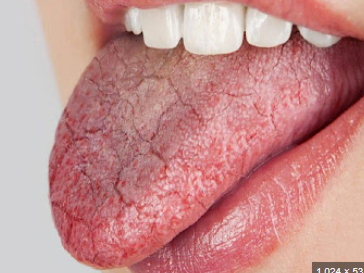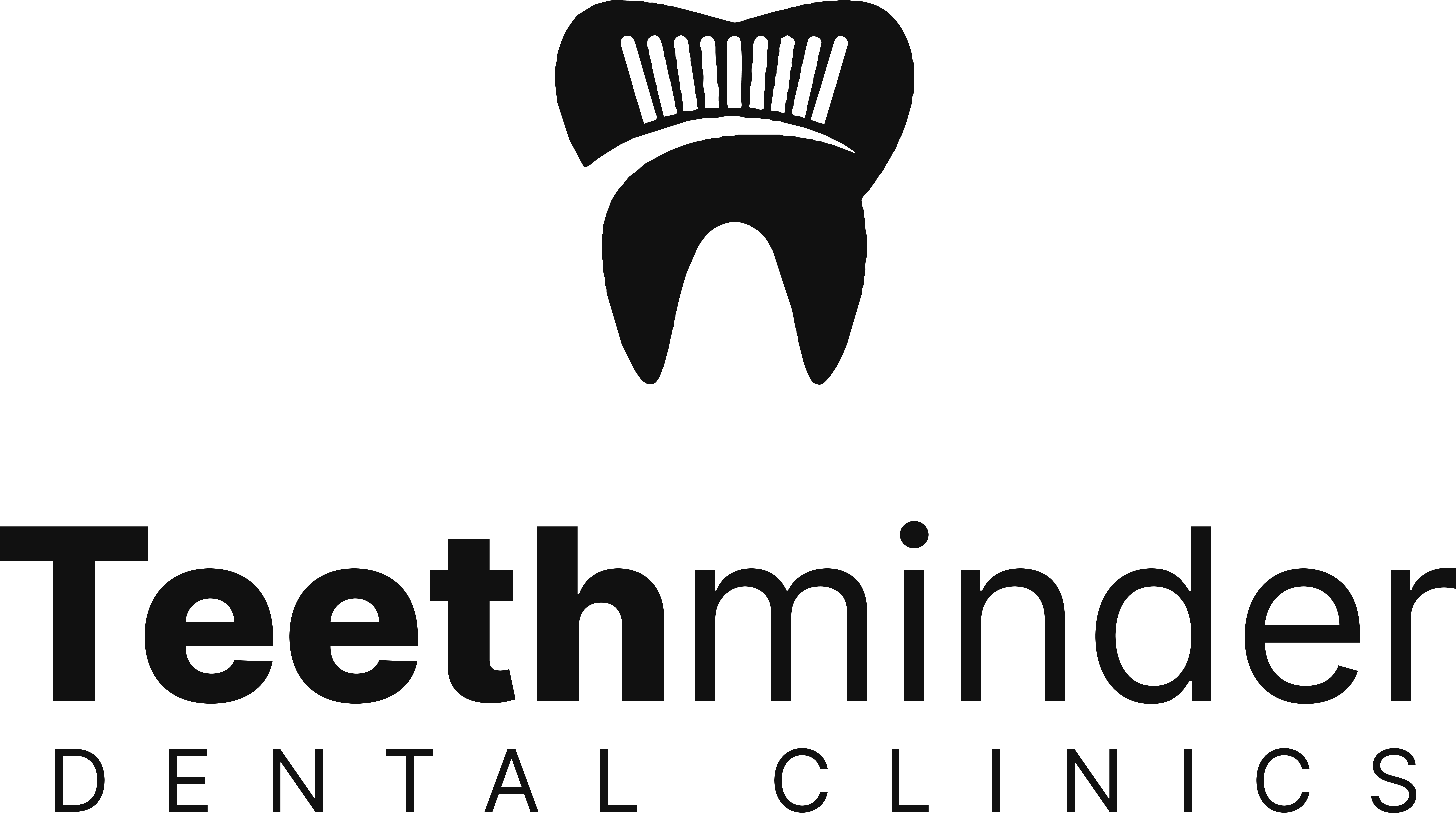
29 Aug Dry Mouth? Learn Why It Happens and Simple Ways to Stay Hydrated
Dry mouth, or xerostomia, is a condition that many people experience at some point in their lives. It can be more than just an inconvenience—persistent dry mouth can affect your overall oral health, making it important to understand why it happens and how to manage it. In this blog, we’ll explore the causes of dry mouth, its potential effects, and simple strategies to stay hydrated and maintain a healthy mouth.
What Causes Dry Mouth?
Dry mouth occurs when your salivary glands don’t produce enough saliva to keep your mouth moist. Saliva is crucial for maintaining oral health as it helps to wash away food particles, neutralize acids produced by bacteria, and prevent tooth decay. When saliva production decreases, it can lead to a variety of uncomfortable symptoms.
Common Causes of Dry Mouth:
- Dehydration:
- Not drinking enough water throughout the day can lead to dehydration, which often results in dry mouth.
- Medications:
- Hundreds of medications, including antihistamines, antidepressants, and blood pressure drugs, list dry mouth as a side effect.
- Medical Conditions:
- Certain health conditions like diabetes, Sjögren’s syndrome, and Parkinson’s disease can affect saliva production.
- Mouth Breathing:
- Breathing through your mouth instead of your nose, especially while sleeping, can dry out your mouth.
- Lifestyle Factors:
- Tobacco and alcohol use can reduce saliva flow. Caffeine, found in coffee, tea, and some sodas, can also contribute to dry mouth.
- Aging:
- As you age, your salivary glands may naturally produce less saliva, leading to a dry mouth.
- Cancer Therapy:
- Radiation treatment for cancer, particularly in the head and neck area, can damage salivary glands, resulting in dry mouth.
Effects of Dry Mouth on Oral Health
Dry mouth isn’t just uncomfortable—it can have serious consequences for your oral health if left untreated. Without enough saliva, your mouth becomes more susceptible to:
- Tooth Decay: Saliva helps wash away food particles and bacteria that cause tooth decay.
- Gum Disease: Reduced saliva can lead to plaque buildup, increasing the risk of gingivitis and periodontal disease.
- Mouth Infections: Dry mouth can lead to oral infections such as thrush, a fungal infection.
- Difficulty Eating and Speaking: Saliva is essential for chewing and swallowing food and for clear speech.
- Bad Breath: Lack of saliva can contribute to persistent bad breath.

Simple Ways to Stay Hydrated and Manage Dry Mouth
If you’re experiencing dry mouth, there are several strategies you can use to manage the condition and protect your oral health:
1. Drink Water Regularly
- Sipping water throughout the day is the simplest and most effective way to combat dry mouth. Carry a water bottle with you to ensure you stay hydrated.
2. Chew Sugar-Free Gum or Suck on Sugar-Free Candy
- Chewing gum or sucking on candy can stimulate saliva production. Just be sure to choose sugar-free options to protect your teeth from decay.
3. Use a Humidifier
- A humidifier adds moisture to the air, especially useful at night if you breathe through your mouth while sleeping. This can help keep your mouth from drying out.
4. Avoid Caffeine, Alcohol, and Tobacco
- These substances can all contribute to dry mouth. Try to limit your intake of caffeine and alcohol, and if you smoke, consider quitting.
5. Opt for Alcohol-Free Mouthwash
- Some mouthwashes contain alcohol, which can dry out your mouth even more. Look for alcohol-free mouthwashes designed to soothe and moisturize.
6. Maintain Good Oral Hygiene
- Brush your teeth at least twice a day with fluoride toothpaste and floss daily. A clean mouth is less likely to experience the complications associated with dry mouth.
7. Consult Your Doctor or Dentist
- If you suspect your dry mouth is caused by medication or an underlying medical condition, talk to your doctor or dentist. They may adjust your medication or suggest treatments like saliva substitutes or stimulants.
Conclusion
Dry mouth can be a bothersome condition, but with the right approach, it can be managed effectively. By understanding the causes of dry mouth and implementing simple strategies to stay hydrated, you can maintain a healthy, comfortable mouth. If you’re experiencing persistent dry mouth, don’t hesitate to seek advice from your healthcare provider to find the best solution for your needs.
Remember, keeping your mouth moist is not just about comfort—it’s essential for your overall oral health. Stay hydrated, and keep smiling!



No Comments